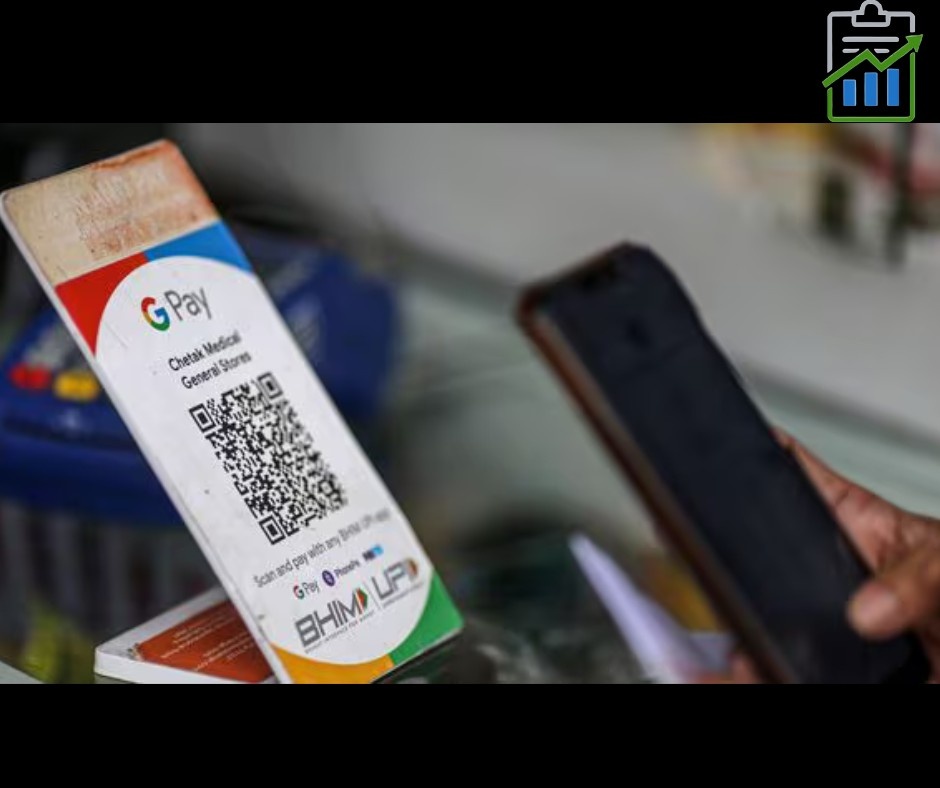
UPI Rule Change from 1 August, 2025: A set of new UPI rules have kicked in from today, 1 August 2025, as per mandates set by the National Payments Corporation of India (NPCI). The UPI rule changes from today have been implemented to improve how the online payment system works.
The new UPI rules from August 1 will affect your day-to-day payment system if you are a PhonePe, Google Pay, Paytm or other UPI app user. However, the UPI rule changes will not cause any hindrance if you stick by the NPCI mandates, and payments may actually be smoother.
New UPI rules from August 1 FAQs
Here are all your questions related to the UPI rule change from August 1, answered.
1. What is the new rule of UPI payment?
The NPCI has introduced a number of UPI rule changes. Starting today, you will not be able to check your bank balance on your PhonePe, Google Pay and other apps for an unlimited number of times, which has been capped at 50.
However, to negate the inconvenience caused by this, another new UPI rule has come into effect to show your bank balance after each transaction. The UPI new rules also include processing scheduled bill payments during fixed hours – before 10 am and after 9:30 pm. Additionally, users will be able to check the status of a pending transaction only three times at a gap of 90 seconds.
2. What is the new rule of Google Pay transactions?
The new UPI rules will apply to Google Pay transactions, meaning GPay users will be mandated to abide by the NPCI changes. These include the bank balance cap, displaying of bank balance, and checking the status of pending transactions.
3. How many UPI payments are allowed in a day?
The NPCI has not updated the number of UPI transactions allowed per day in its new UPI rules from 1 August. A user can make a maximum of 20 UPI transactions per day, with a daily limit of ₹1 lakh.
4. What is the limit of UPI transfer for new users?
For new users, there is a UPI transfer limit that is often put in place. Banks usually allow a UPI transfer of ₹5,000 per transaction and a cumulative ₹5,000 for the initial period for new users within the first 24 hours.
5. What is the new UPI autopay rule?
The UPI new rules also include processing scheduled bill payments during fixed hours. This has been done to ease the burden on the daily UPI transactions. Auto payments to merchants or scheduled OTT platforms will now be done before 10 am or after 9:30 pm — during non-peak hours.
Conclusion
The new UPI rules aim to streamline digital payments, but changes like balance check caps and fixed autopay windows can create confusion if you’re not prepared. If you’re a freelancer, startup, small business owner or salaried professional unsure how this affects your cash flow or recurring payments, consult IndTax Filings. Our experts help you stay compliant, avoid delays, and optimize payment workflows. Reach out via WhatsApp or book a quick advisory call today.
Frequently Asked Questions
A: NPCI has capped balance inquiries to 50 times (typically per day) on apps like Google Pay, PhonePe and others. To reduce friction, your updated balance will also be displayed automatically after each completed transaction. If you hit the cap, wait or rely on the post-transaction balance display.
A: Automated/scheduled UPI payments (like subscriptions or utility auto-debits) will be executed only during non-peak windows: before 10:00 AM or after 9:30 PM. This is to ease network load during the day, so plan billing cycles or reminders accordingly.
A: No major change in the standard daily transaction count—users can still make up to 20 UPI transactions per day with a total cap of ₹1 lakh. New users typically face initial onboarding limits (e.g., around ₹5,000 per transaction and cumulative ₹5,000 in the first 24 hours) as set by banks for risk management; these relax after the initial period.
